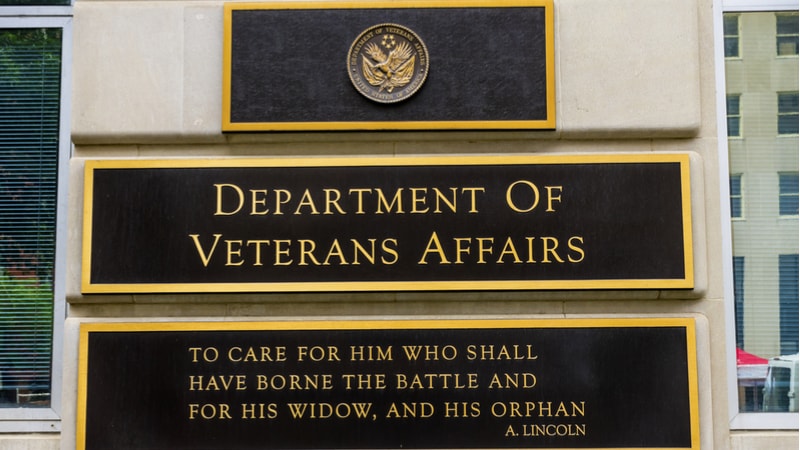
At the Department of Veterans Affairs (VA), the newly formed National Artificial Intelligence (AI) Institute (NAII) is facing trouble with its workforce retainment, external partnerships, and interagency scalability, Director Gil Alterovitz said Feb. 18.
“These are long-standing challenges. Finding and attracting and retaining AI talent, all three of those are quite hard. Competing with industry for salaries, making sure that the right resources are available – all of those contribute to that,” he explained at an ACT-IAC Emerging Tech Community of Interest meeting.
Working with external partners, such as academia and the private sector, on AI projects is also challenging. AI relies heavily on access to data and VA must have data sharing, privacy, and security agreements with its partners.

“It’s hard to make an agreement to export data as identifiable information. It is hard to bring in software and models into the VA,” Alterovitz said. “How to deal with that is it is one of the challenges.”
Even within the agency, data management can be challenging, NAII Founder Nevin Taylor added.
“Doing AI without data is like driving a car without gas, you’re going to sit on the side of the road going nowhere. We need to look at how we organize and structure that data that’s fit for use and operationally relevant,” he said.
Alterovitz explained that NAII is working across various parts of the VA organizational structure with different Congressional appropriations categories. AI must be multidisciplinary, he said, to work across the organizational boundaries.
“One of the things that we’ve been looking at with the AI Institute is how do you bring those people together,” he said.
Regardless of these challenges, the nascent institute has seen success with its initial projects. Tech sprints supported by NAII have applied AI research and development to medication adherence, diagnostic imaging for mammograms, prevention of kidney injury, stress analyses, and the automation of form processing.
